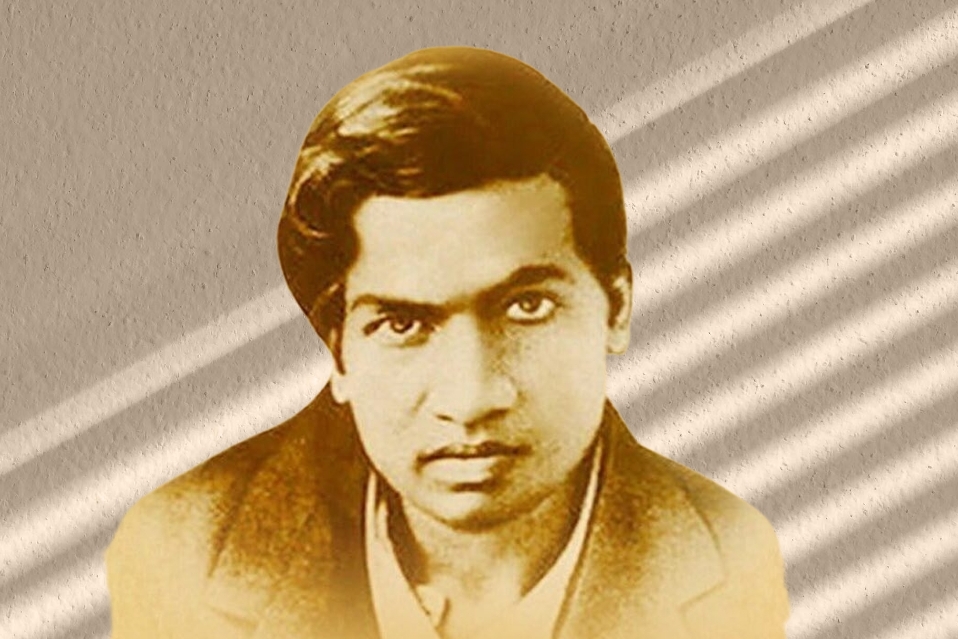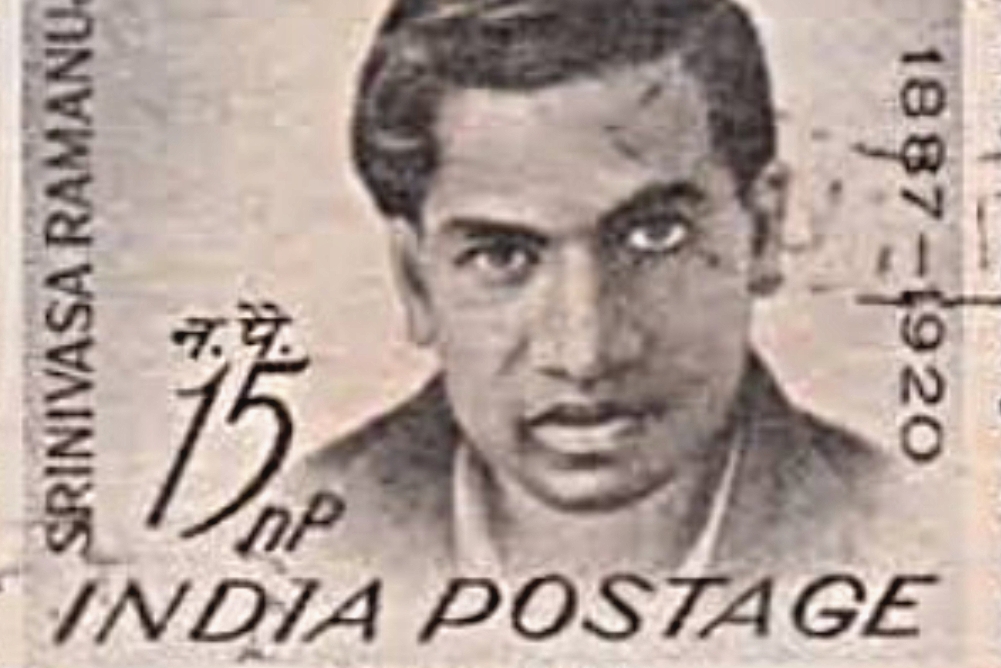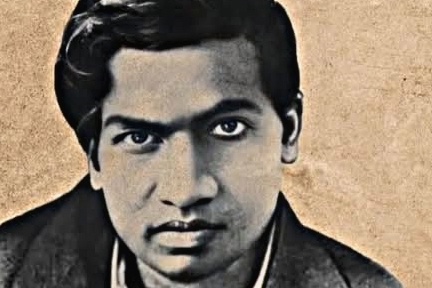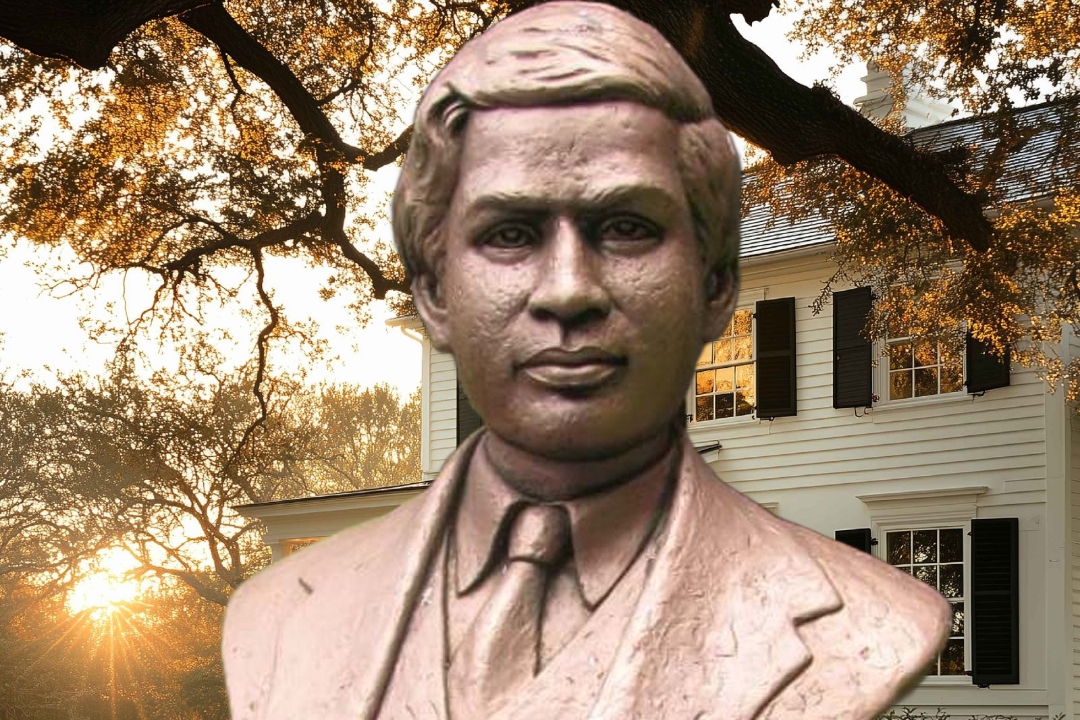Srinivasa Ramanujan, born on December 22, 1887, in Erode, Tamil Nadu, is celebrated as one of the greatest mathematical geniuses of all time. His contributions to mathematics, made despite significant challenges, have had a profound and lasting impact on the field. Here are the important points about Srinivasa Ramanujan, including the most notable aspects of his extraordinary life and work.
Important Points About Srinivasa Ramanujan – Early Life and Education

Ramanujan’s early life was marked by poverty and limited resources. However, his natural affinity for mathematics became apparent at a young age. He mastered advanced concepts independently using a single outdated textbook, A Synopsis of Elementary Results in Pure and Applied Mathematics. His unconventional approach and deep passion for mathematics set him apart, though his singular focus on the subject led to academic struggles in other areas.
- Born: December 22, 1887, in Erode, Tamil Nadu, India.
- Family: Came from a humble Brahmin family; his father was a clerk in a cloth shop.
- Education: Displayed exceptional mathematical talent from a young age but struggled with formal schooling due to his singular focus on mathematics.
Important Points About Srinivasa Ramanujan – Key Contributions to Mathematics

Srinivasa Ramanujan’s groundbreaking work spanned various mathematical fields. The following are some of his most Important Points About Srinivasa Ramanujan:
- Number Theory: His insights into partition functions and prime numbers, including the discovery of Ramanujan Primes, unveiled profound relationships in the distribution of integers.
- Infinite Series and Continued Fractions: Ramanujan’s work in these areas led to highly efficient approximations, such as those used in calculating pi.
- Mock Theta Functions: His pioneering discovery of mock theta functions has had a major impact on modern number theory and modular forms.
- Ramanujan-Hardy Collaboration: A significant turning point came when he corresponded with G.H. Hardy, a leading British mathematician. Hardy recognized Ramanujan’s genius, leading to their collaboration at Cambridge University.
- Ramanujan’s Notebook: His “lost notebook,” discovered posthumously, contained results that continue to inspire mathematical research today.
- Self-Taught Genius: Learned advanced mathematics through independent study of outdated textbooks, particularly “A Synopsis of Elementary Results in Pure and Applied Mathematics” by G.S. Carr.
- Innovative Theories: Developed groundbreaking formulas, including.
- Partition Functions: Insights into the ways integers can be expressed as sums.
- Infinite Series: Contributions to continued fractions, divergent series, and modular forms.
- Ramanujan Prime and Ramanujan Theta Function: Deep connections to number theory.
- Mock Theta Functions: Pioneered a class of functions fundamental in modern-day mathematics.
Life in Cambridge and Struggles

Invited to England by Hardy in 1914, Ramanujan thrived intellectually but faced challenges due to cultural differences, a strict vegetarian diet, and the cold climate. These factors, combined with overwork, took a toll on his health. Despite this, he achieved remarkable milestones, becoming:
- A Fellow of the Royal Society (FRS) in 1918.
- The first Indian Fellow of Trinity College, Cambridge.
Legacy and Recognitions
Ramanujan passed away on April 26, 1920, at just 32 years old, but his legacy endures:
- National Mathematics Day: India celebrates his birthday, December 22, as National Mathematics Day.
- Film and Literature: His life inspired the movie The Man Who Knew Infinity (2015), bringing his story to a global audience.
- Global Impact: Mathematicians worldwide continue to build on his ideas, affirming his work’s relevance and brilliance.
Important Points About Srinivasa Ramanujan – Life in England

- Moved to Cambridge: Hardy invited Ramanujan to Trinity College, Cambridge, in 1914, where he thrived despite cultural and dietary challenges.
- Fellowships:
- Elected Fellow of the Royal Society (FRS) in 1918.
- First Indian Fellow of Trinity College, Cambridge.
Conclusion
Srinivasa Ramanujan’s journey from self-taught prodigy to globally recognized genius showcases the transformative power of innate talent and perseverance. His contributions to mathematics are not only foundational but also continue to inspire research in modern mathematics. These important points about Srinivasa Ramanujan highlight the enduring legacy of a man whose intuition and ingenuity reshaped our understanding of numbers.

